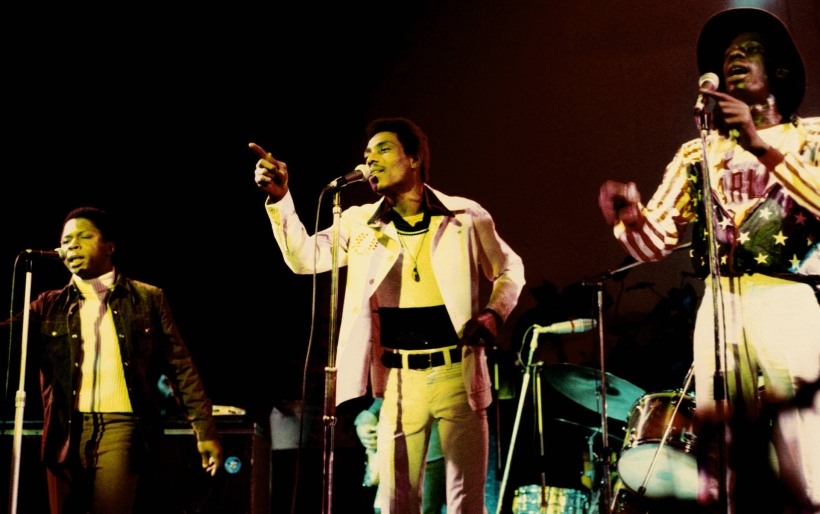February is Black History Month and while the Black freedom struggle and Black art and culture are somewhat superficially celebrated during this time, I don’t think we ever truly reckon with the gravity that Blackness holds in America’s societal makeup. In a country whose economic and cultural infrastructure was literally built by Black labor, racism and the systemic oppression of those who’ve performed that labor cannot be dismissed as a series of disconnected events from the past or isolated events in the present. By understanding that racism — and the collective joy, innovation and self-determination that Black people create in spite of it — are all part of a long continuum we see that Black history is inextricably linked to the present health and well-being of Black people as well as our future. This is the core premise of my work. This is what motivates me to write and play music, beyond money, accolades and even my own curiosity.
In the interest of honoring Black history and creativity, I’ve been working on a few projects that speak to this historical continuum that connects so many people and so much music. On the 17th, Josh Leidy and I did a fun presentation on the history of sampling for the National Liberty Museum’s 50 Years of Hip Hop: Art Music Power event. We talked about the cultural and technological shifts that shaped sampling and played musical examples from A Tribe Called Quest, Minnie Riperton, James Brown and others. This month, Raina Douris and I have also been doing weekly segments on the World Cafe celebrating Black contributions to dance music. We started with disco and Philadelphia International Records in the 70s and have been taking listeners through a sonic journey touching on Chicago House, Detroit Techno and beyond. As always, I’ve been digging up new tunes and playing gigs around the city. It’s all interrelated and it’s all connected.
The Next Movement Hip-Hop Showcase at Attic Brewing Company
On Saturday, February 24th, Rob and E of the Next Movement podcast hosted their first showcase at Attic Brewing Company in Germantown. I had the pleasure of holding it down on the turntables for the night, spinning in between sets and backing up MCs Oliver Rothstein and lojii. Rob and E also led a great conversation about the legacy of Freeway’s debut album, Philadelphia Freeway. All in all it was a dope evening, the staff was great and helpful, the crowd had fun and my hope is that we can make it a regular event. Philly definitely needs more fun, well-curated hip-hop showcases that elevate the great talents the city has to offer.
The Heptones – “I Miss You”
Historically, Jamaican reggae and Black American R&B are inextricably linked. As the genre was at least partially formed by Jamaicans putting their own spin on soul music, reggae musicians have always been master interpreters of American rhythm and blues. One of my favorite reggae covers to play recently has been The Heptones’ gorgeous cover of Harold Melvin & The Bluenotes’ “I Miss You.” With its peppier groove, deep bassline and haunting vocal harmonies, The Heptones completely reimagine the tune while retaining it’s emotional weight and power.
